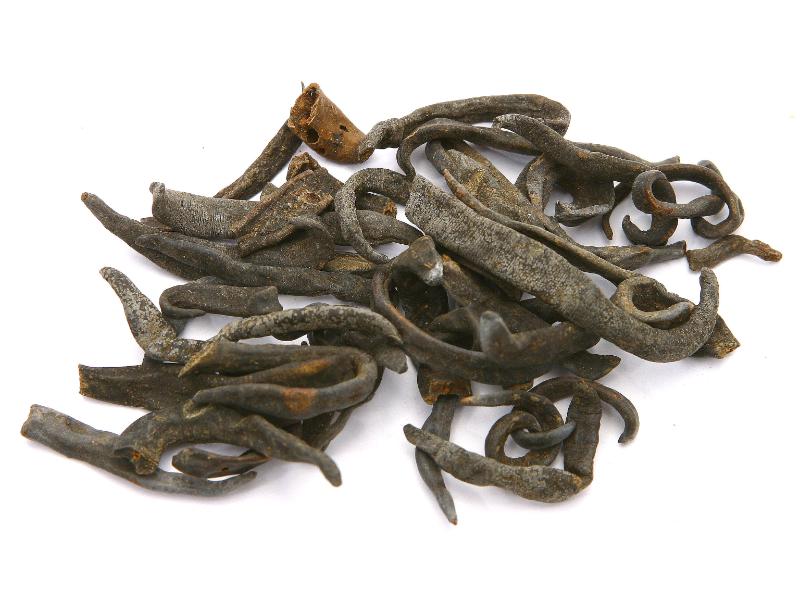Search in medicinals
Hirudo
Leech
水蛭 〔水蛭〕 shuǐ zhì

Alternate Chinese names: 至掌 zhì zhǎng; 抵掌 dǐ zhǎng; 马蜞 mǎ qí; 马蛭 mǎ zhì; 蜞 qí; 马鳖 mǎ biē; 红蛭 hóng zhì; 蚂蝗蜞 mǎ huáng qí; 肉钻子 ròu zuàn zǐ; 门尔哥蚂里 mén ěrgē mǎ lǐ
Kingdom: Plant
Origin in PRC Pharmacopoeia: Hirudo nipponica Whitman; Whitmania pigra (Whitman); Whitmania acranulata (Whitman) . (PRC Pharmacopoeia)
Origin in unofficial sources: Hirudo nipponia Whitman*; Whitmania pigra (Whitman) *; Whitmania acranulata (Whitman) *; Whitmania edulenta (Whitman)
Use: Medicinal
Category: Blood-quickening stasis-transforming agents / Blood-quickening concretion-dispersing agents
Properties: Salty, bitter; balanced; slightly toxic.
Channel entry: Liver channel.
Actions and indications:
- Breaks the blood, expels stasis, and disperses concretions: Concretions, conglomerations, accumulations, and gatherings; amenorrhea due to blood stasis; injury from knocks and falls.
- Modern applications: Shuǐ zhì has recently been used for thrombocytosis, cerebral hemorrhage, and intracranial hematoma.
Dosage and method: Oral: 1.5–3g in decoctions. If taken as a powder, each dose should be 0.3–1.0g; it is best taken in powders and pills. Its toxicity is reduced by stir-frying it with powdered huá shí (Talcum).
Warnings: Contraindicated in pregnancy and in the absence of blood stasis.
Quality: Small black curled leeches with transverse creases are the best. Large pale colored leeches should not be used. Absence of dirt and erosion by other organisms is also a sign of good quality.
Production area: All parts of China.
Back to search result Previous Next